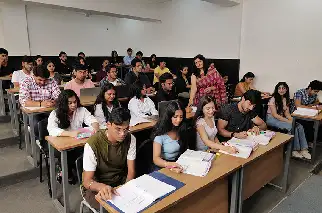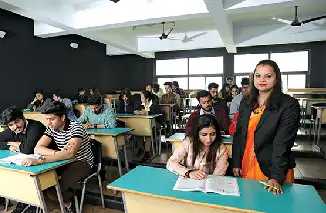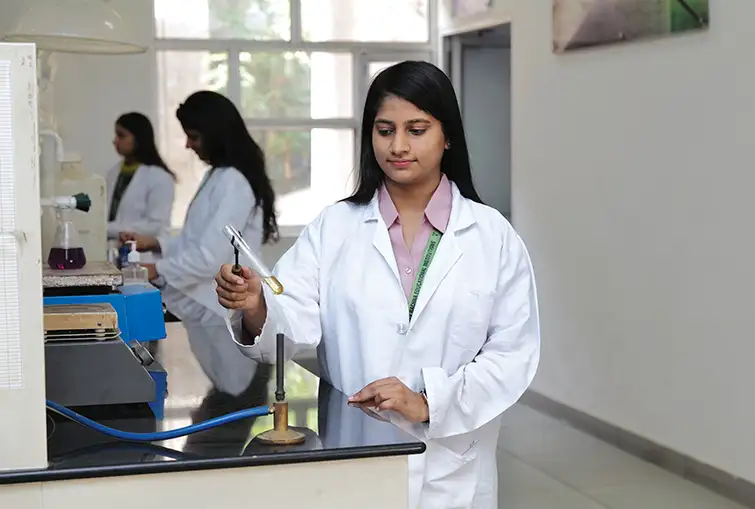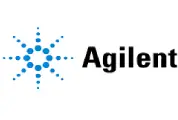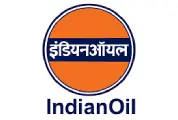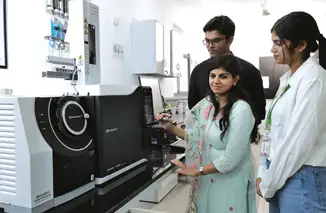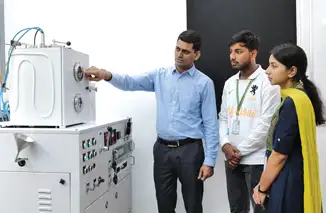M.Sc. Physics is a two-year programme which aims at providing the students with a strong foundation of pure and applied Physics by means of various theoretical and practical approaches. It imparts students with the ability to appreciate the beauty and grandeur of Physics and its potential to enrich human lives.
| Duration |
2 Yrs |
| Intake |
10 |
| Minimum Eligibility Criteria |
Pass in B.Sc. or B.Sc. (Hons.) with 50% or more marks in relevant subjects. |
| Criteria for Preparation of Merit list |
- Merit in MRNAT
- CUET
- Merit in Qualifying Examination
|
The programme of M.Sc. Physics focuses on imparting basic as well as advanced knowledge of the subject of Physics to students and further motivates the students for research in this field. The programme structure is designed to inculcate and nurture in the students a sense of scientific temper and social responsibility. The faculty members believe in establishing a one-to-one relationship with the students. Besides classroom teaching, emphasis is made on additional training techniques such as tutorials, open discussions, research projects, seminars and workshops.




